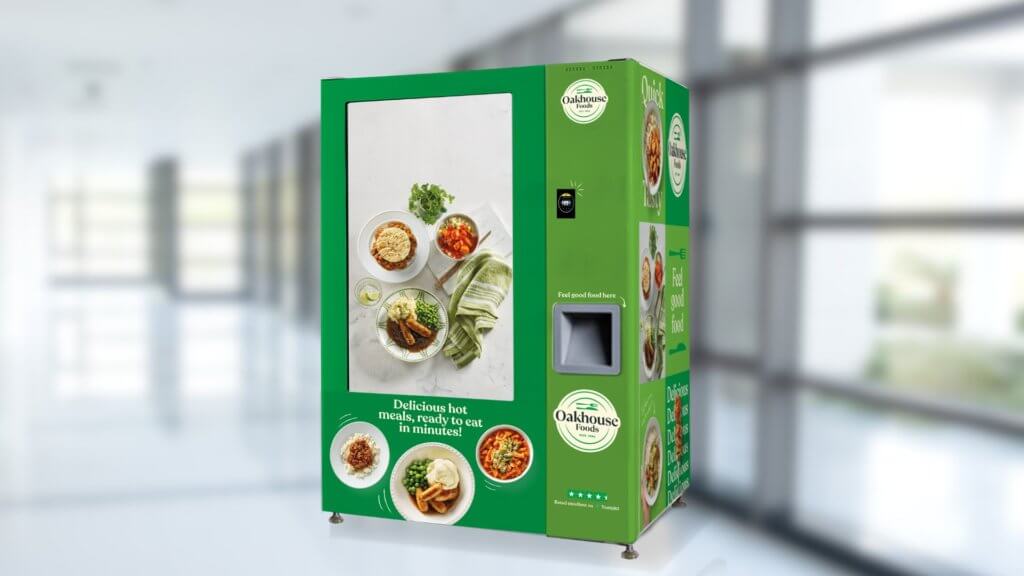Transforming Hospital Food Services

Recent developments in healthcare policy in the UK have spotlighted a critical yet often overlooked aspect of patient care: hospital food services. Government initiatives are now aiming to revolutionize the way food is prepared and served in hospitals, with a focus on providing round-the-clock access to hot meals and upgrading kitchen facilities to better meet patient needs.
One of the most ambitious proposals involves upgrading hospital kitchens to enable continuous service. This upgrade isn’t just about offering a midnight snack but extends to providing hot meals for various patient groups, such as new mothers in maternity wards and those recovering from surgeries or extended fasting. The primary goal is to ensure that individuals have access to nourishing meals precisely when they need them, thereby promoting faster recovery and overall well-being.
At the heart of these initiatives lies the introduction of digital menus, food ordering systems and 24/7 Hot Food Vending Machines. These cutting-edge systems are designed to accommodate diverse dietary preferences, cultural requirements, and specific nutritional needs of patients. By facilitating seamless communication between dietitians and kitchen staff, these systems aim to significantly reduce food wastage while ensuring that patients receive meals tailored to aid their recovery.

Furthermore, the emphasis on establishing national professional standards for NHS chefs is a crucial step towards improving the quality and consistency of hospital food services. Mandatory professional development, including comprehensive training in food hygiene and allergen management, will equip chefs with the necessary expertise to meet stringent standards and provide meals aligned with best practices in healthcare nutrition.
This comprehensive approach not only seeks to transform the dining experience within healthcare facilities but also highlights the pivotal role of nutrition in patient care. By prioritizing access to well-balanced meals tailored to individual needs, these initiatives aim to create an environment where food becomes an integral component of the healing process.
The impact of these measures extends beyond patient care to encompass the well-being of hospital staff. By providing facilities for staff to store, prepare, and consume food at any time of the day or night, healthcare organizations acknowledge the importance of supporting their workforce, ensuring they are adequately nourished and energized to deliver optimal care.
In conclusion, the UK government’s plan to revamp hospital food services by introducing 24/7 hot food availability, implementing digital menu systems, and setting professional standards for chefs marks a significant leap forward in healthcare. These initiatives signify a concerted effort to prioritize patient recovery through tailored and nourishing meals while recognizing the vital role of nutrition in the healing process. As these initiatives unfold, they promise to reshape hospital food services, setting new benchmarks for excellence in patient care.




